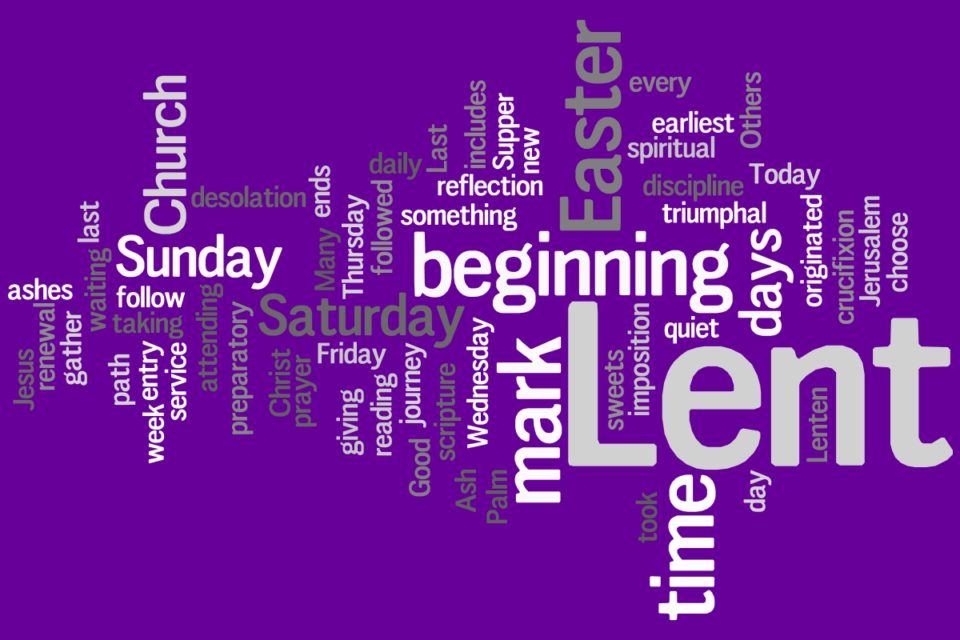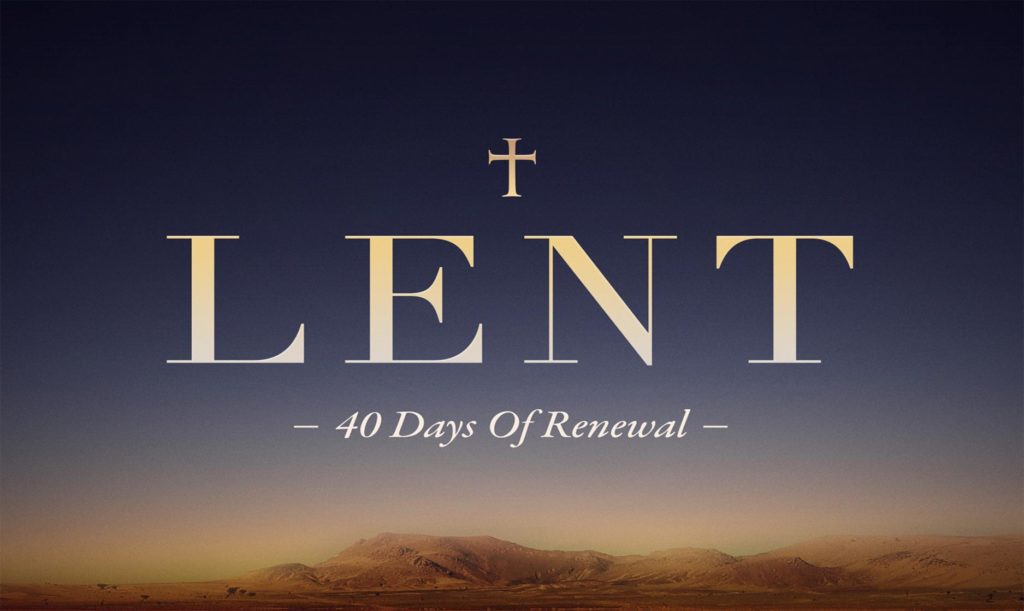LENT: All What You Should Know

Lent is a season when Christians, especially of the Orthodox fold, engage in fasting. it is a season of abstinence, repentance, moderation, mortification of the flesh and almsgiving. Usually, many people fast and abstain from certain activities (not necessarily sinful) that have become part of their regular living. it is done to consecrate themselves before their maker for 40days. This solemn season usher in Easter every year.
Here is everything you need to know about the Christian period, from all the key dates to the best things to give up for Lent.
What is Ash Wednesday?
Ash Wednesday, which marks the start of Lent in the Christian calendar, has been observed by Britons for centuries. Its exact date changes every year because it is determined by the dates of Easter and it always falls in February or March. This year, it was March 6.
At present, Easter falls on the first Sunday following the first full moon after the vernal equinox around March 21. This means it can fall on any Sunday between March 22 and April 25.
Where did the name come from?
The name Ash Wednesday comes from the practice of either marking a cross on a church-goer’s forehead with ash, or sprinkling ash on their forehead, which is believed to have been ritualized by Pope Urban II as far back as 1091.
Both the Catholic and Methodist churches use the ashes of palm branches blessed at the previous year’s Palm Sunday service, while the Church of England say the ashes ‘may be made’ from the previous year’s Ashes.
As the ash is placed on the church-goer’s forehead, traditionally the words ‘Repent, and believe in the Gospel’ or ‘Remember that you are dust, and to dust, you shall return’ are said.
Sometimes, the mark is left on the forehead to show that they carry the sign of the cross into the world. At other services, the ashes are washed off as a sign that the worshipper has been cleansed of their sins.
Often the colour purple is used in churches throughout Lent. Associated with mourning, and therefore the suffering of the crucifixion, it can often be seen on drapes and altar frontals. The colour is also symbolic of royalty and celebrates the resurrection and sovereignty.
What do people give up for Lent?

As Lent begins on Ash Wednesday, the date of the Christian observance changes every year, determined by the March equinox and the celebration of Easter.
This year, the fasting season begins on Wednesday, March 6, concluding on Saturday, April 20, the Saturday preceding Easter Sunday. While this totals 46 days, the six Sundays are not counted as fast days, due to the Christian calendar assigning this particular day of the week for feasts.
Some people fast for the whole period of Lent, as a reflection of Jesus’s sacrifice in the Judean desert. Some Christians will fast only on Ash Wednesday and Good Friday, the Friday before Easter Sunday.
However, many people, even those who do not go to church, choose to give up a particular vice which is necessarily not sinful. Here are some of the more popular options:
Sugar, including chocolate, Coffee, Meat, Fizzy drinks, Takeaways, Alcohol, Smoking, Procrastinating, Swearing, Buying clothes, Netflix, Pub trips, Social media, Gaming, Online dating, Pornography.
Instead of giving up chocolate, fizzy drinks or chips, many others use Lent as a period of time to help others. Hundreds of people take part in the Lenten Positive Acts Challenge, as another way to show praise for God. Participants perform one positive act for each of the days between Ash Wednesday and Easter Sunday. These ‘positive acts’ can include calling up someone who is alone, donating to a worthy cause, clearing up after dinner and letting someone go ahead of you in a supermarket queue.
The origins of Lent

Ash Wednesday marks the first day of Lent, a period of 40 days (excluding Sundays) which comes before Easter in the Christian calendar. This year, Easter falls on Sunday, April 21.
Christians who observe Lent use it as a time for prayer and penance. By observing Lent, Christians are remembering the sacrifice of Jesus Christ, who withdrew into the wilderness and fasted for 40 days.
The English word Lent has no connection to the practice of fasting: it is, in fact, a shortened form of the Old English word ‘lencten’, meaning ‘spring season’.
Linked to the Old Germanic root word ‘laŋgo-‘, which means ‘long’, many believe the word Lent is related to the lengthening of days over the season. In fact, the Anglo Saxon name for March – the month Lent usually falls in – was ‘lenctentid’, which means ‘springtide’.
However, as the fasting season that precedes Easter always takes place in the spring, the word Lent soon came to be linked intrinsically to 40 days of penance.





